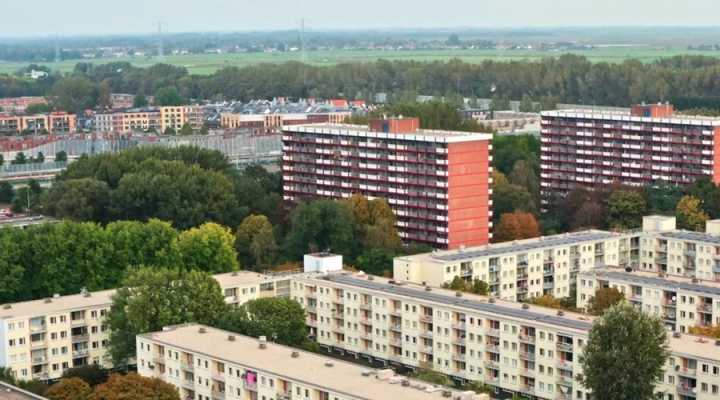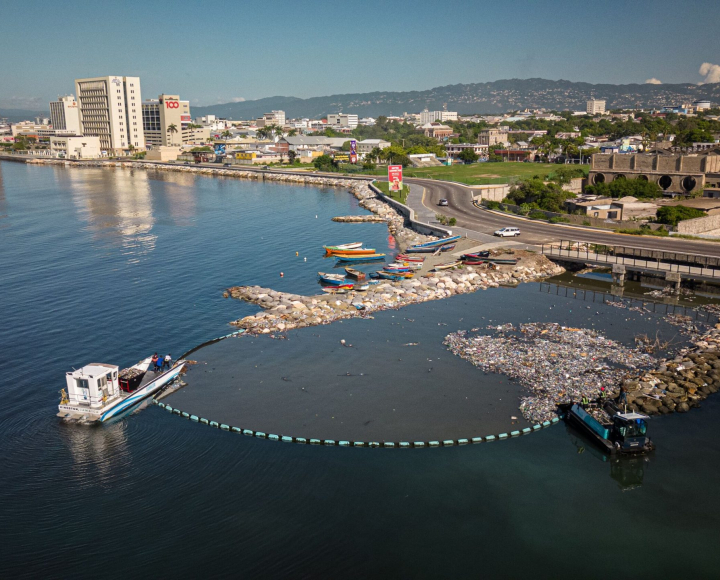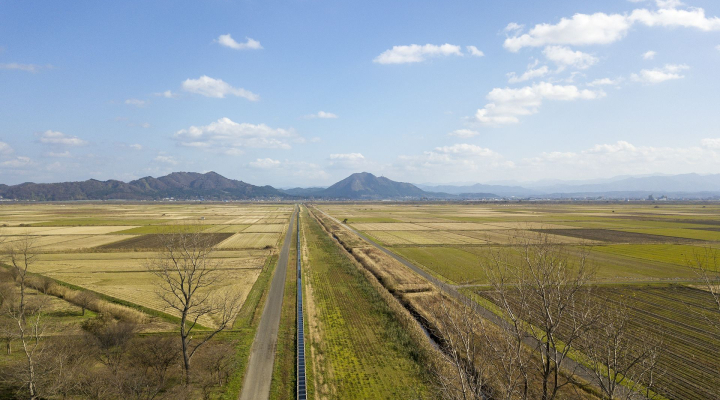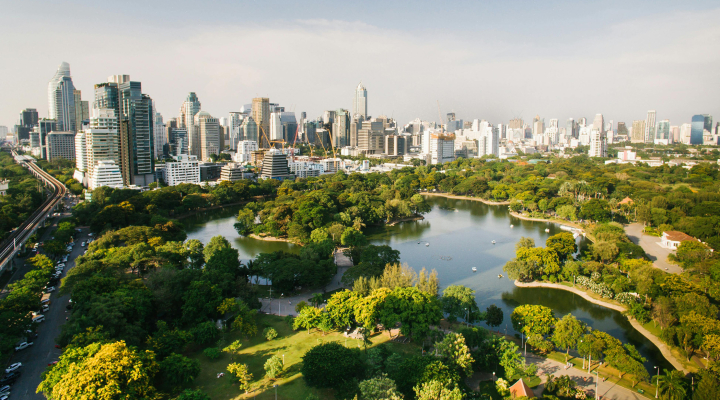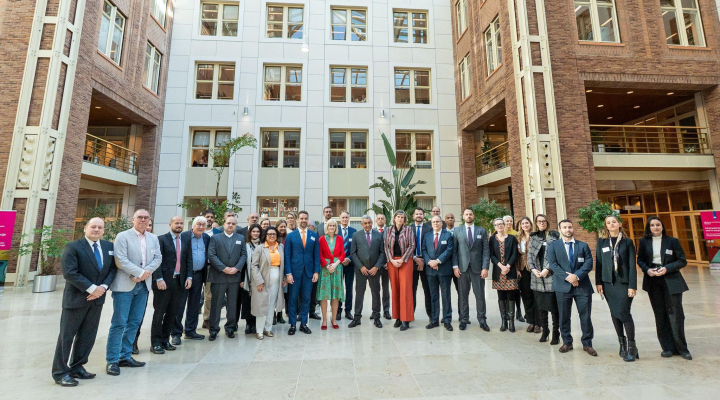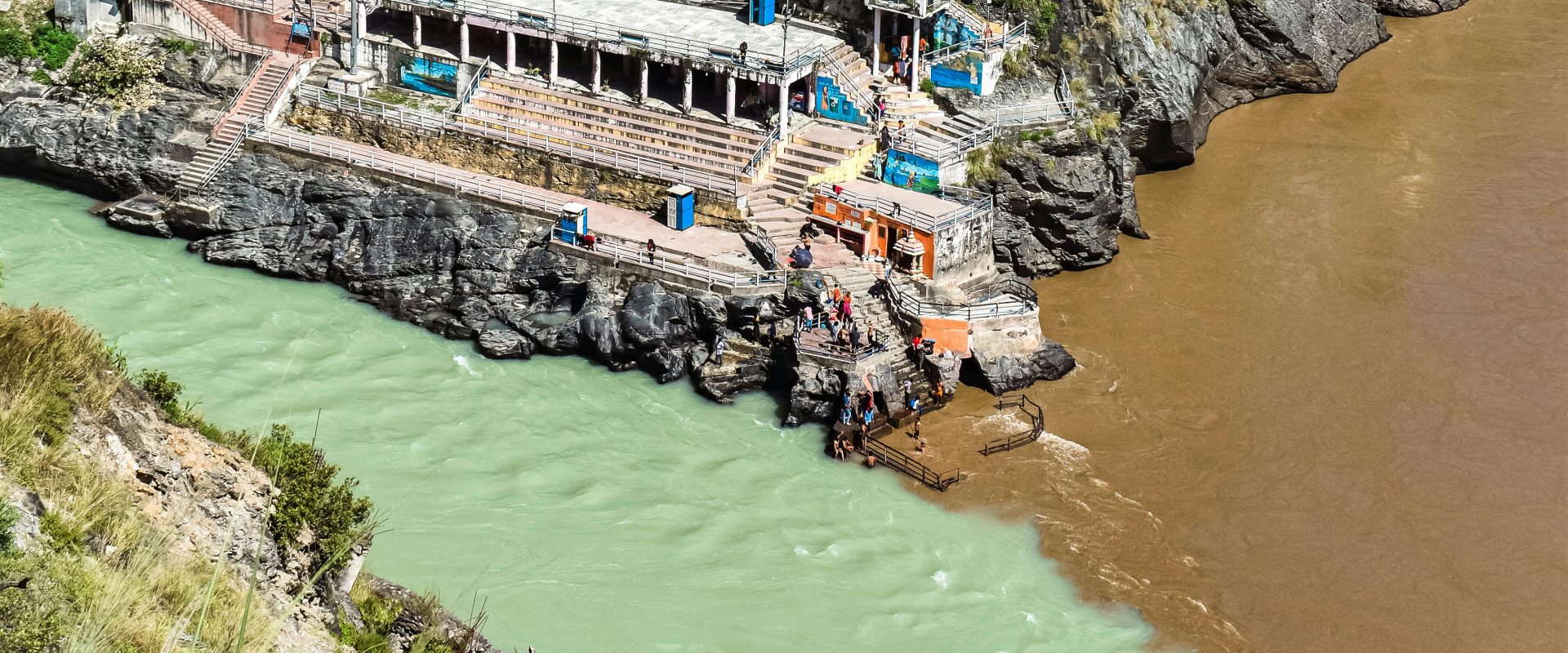
Knowledge flow between the Netherlands and India in a long-term Strategic Water Partnership
Water has the power to connect. Through the Strategic Water Partnership (SWP) between the Netherlands and India, both nations aim to strengthen their cooperation in the field of water safety, water availability and water quality, and combine their resources, knowledge, and skills to address water related challenges and contribute to global efforts in achieving the water related Sustainable Development Goals.
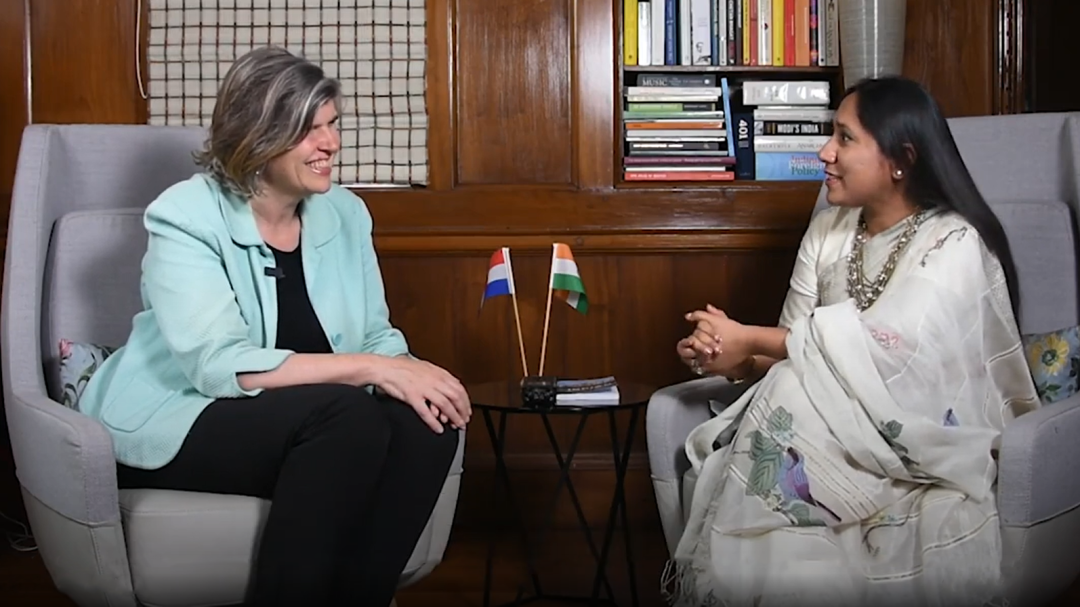

In her capacity as the Dutch Special Envoy for International Water Affairs, Meike van Ginneken visited India in July to give strategic direction and prioritise the initiatives under the SWP that align with national priorities and international commitments.
Mutual Dutch-Indian knowledge sharing
The SWP facilitates the collaboration with universities, civil society organisations and the private sector to support India in developing and managing water resources using the best Dutch knowledge available.
“Cooperation is important because we all have new challenges and should not be reinventing the wheel,” said Van Ginneken in an interview with ‘Water Digest’. “We can bring our knowledge on coastal protection and basin management to the table, and show how we use data to plan our water resources. But we can also learn a lot from India. Some Dutch and Indian universities are working together on various issues such as modelling the Brahmaputra or the Ganges Rivers. These are big rivers with very complex systems. When the Dutch universities return to the Netherlands and work on the Rhine or Meuse Rivers, they will do a much better job because of the experience they gained from the Ganges or Brahmaputra Rivers,” she explained.
Improving water resilience in the Sundarbans
The Sundarbans is a mangrove area in the delta formed by the confluence of the Ganges, Brahmaputra and Meghna Rivers in the Bay of Bengal. As a delta country, the Netherlands can share its delta experience and help develop a sustainable and safe Sundarbans Delta.
“We are working with the Government of West Bengal on designing, building, and operating grey and green infrastructure to make sure that the coastal zone of the Sundarbans is managed well for the people who live there, the farmers who grow food there, and the environment,” explained Van Ginneken.
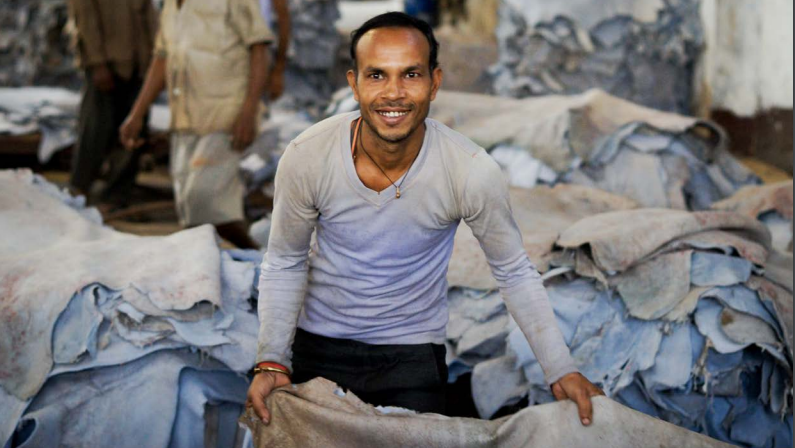

Pollution prevention and efficient water use in the leather industry
When talking about examples of Dutch-Indian collaboration that have made a tangible difference and impact on the ground in terms of water management, Van Ginneken highlighted the work with Indian tanneries in Uttar Pradesh, a state in northern India, on a cleaner Ganges. “Tanneries are big users and polluters of water. So if you work with tanneries’ owners on reducing their water consumption and putting less toxins in the river, you really make a difference,” said Van Ginneken.
This is exactly what a five-year project has delivered. Established in 2018, a public-private partnership of Dutch and Indian partners has worked towards reducing the volumes and pollution levels of the effluent water from the tanning sector in the Ganges River Basin. By introducing global best practices for tanneries in areas such as optimum water usage and recycling, and the prevention of pollution through effluent discharge, tanneries are now using 30 percent less water and are less polluting.
The project received financial support from the Dutch Ministry of Foreign Affairs through the Sustainable Water Fund. The last phase of the project created a Centre of Excellence through which to share knowledge on sustainable practices and innovative, eco-friendly technologies.
Flood control in Kerala
Another example of collaborative efforts under the SWP is the work on Kerala’s coastal protection and flood management. Kerala, a state on India's tropical Malabar Coast, is highly vulnerable to riverine floods. In 2018, Kerala experienced the worst floods since 1924. After that, the Netherlands and Kerala cooperated on building a disaster and climate change adaptive Kerala. Currently, the Dutch support concentrates on integrated water resources management and risk informed spatial planning.
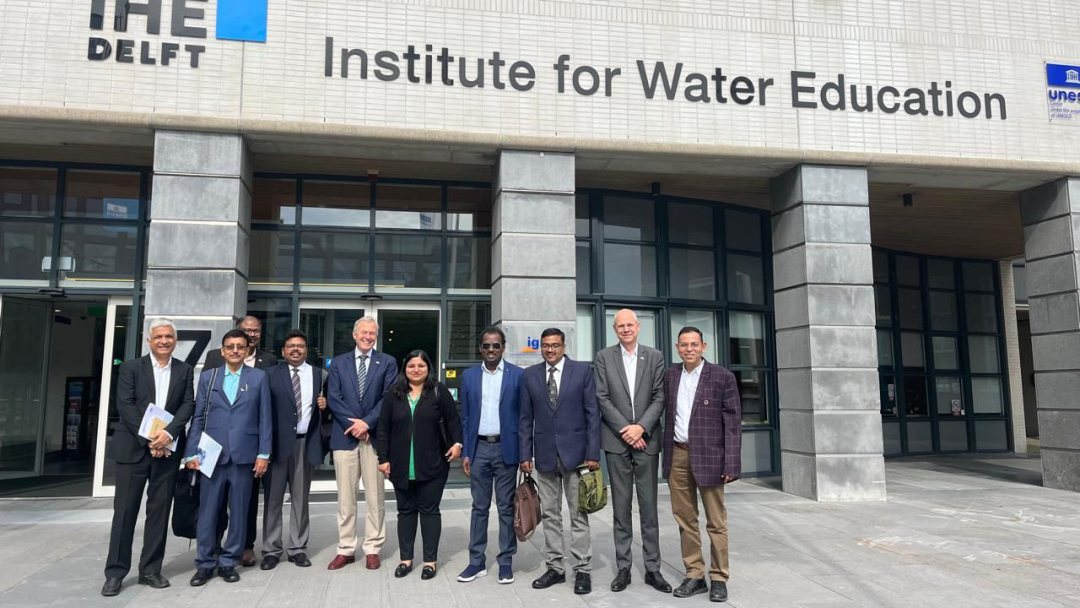

Indian water delegation visits the Netherlands
Under the SWP, following Van Ginneken’s visit to India, 10 Indian Government officials from the Ministry of Jal Shakti and the Governments of West Bengal and Kerala travelled to the Netherlands to explore cutting-edge water management technologies, applied nature-based solutions, and potential collaboration. This visit is a step forward in the growing knowledge-sharing initiative under the Strategic Water Partnership.
Letting water knowledge flow
The Netherlands and India are continuously working on improving water conservation efforts, ensuring the safety of their communities, and promoting sustainable development.
The Strategic Water Partnership aligns with Van Ginneken’s vision of enhancing water management through knowledge transfer. “We need to let knowledge flow like water because if we come up with solutions in isolation, it will take decades or centuries to solve our water crisis. But if we learn from each other and cooperate, I am sure we will all become better at water management, and we will be able to face our water crises in the years to come.”




